Tehran says Washington delusional to think Trump’s maximum pressure can bear fruit
Iran’s top security official has censured the administration of US President Joe Biden for keeping up his predecessor’s “maximum pressure” campaign against Iran, saying Washington is delusional to think Donald Trump’s maximum pressure campaign can bear fruit.
Secretary of Iran’s Supreme National Security Council (SNSC) Ali Shamkhani also predicted no smooth path toward a deal in Vienna as long as Washington sticks to the failed policy against Tehran.
Shamkhani made the remarks in a tweet on Tuesday, hours before envoys from Iran and the P4+1 group of countries resume negotiations in the Austrian capital aimed at lifting sanctions and reviving the 2015 deal, officially called the Joint Comprehensive Plan of Action (JCPOA).
“Continuing maximum pressure against #Iran, current US administration has so far tried to meet the goals that Trump failed to achieve through bullying, by making unsupported promises. With this Washington's illusions, the path to negotiations will not be smooth,” he noted.
Continuing maximum pressure against #Iran, current US administration has so far tried to meet the goals that Trump failed to achieve through bullying, by making unsupported promises. With this Washington's illusions, the path to negotiations will not be smooth. #ViennaTalks
— علی شمخانی (@alishamkhani_ir) February 8, 2022
The eighth round of the Vienna talks was paused over a week ago to allow delegations to head back to their capitals for political consultations.
Iranian officials have repeatedly stressed that the onus falls on the United States to remove all illegal sanctions against the Islamic Republic in a verifiable manner and guarantee that a new US administration would not breach the JCPOA once again.
On Monday, Shamkhani took to Twitter to assert that a “good deal” is impossible to reach at the talks without the lifting of anti-Iran sanctions.
“The agenda for the Iranian negotiators to continue the eighth round of #ViennaTalks has been carefully defined. An agreement in which the sanctions that form the maximum pressure are not lifted will condition the country's economy and cannot be the basis of a #GoodDeal,” he wrote.
Iran showed to the world the peaceful nature of its nuclear program by signing the JCPOA with six world states — namely the US, Germany, France, Britain, Russia, and China — in 2015.
However, Washington’s exit in May 2018 and the subsequent re-imposition of unilateral sanctions against Tehran left the future of the historic agreement in limbo.
Following a year of strategic patience, Iran decided to let go of some of the restrictions on its nuclear energy program, resorting to its legal rights under the JCPOA, which grants a party the right to suspend its contractual commitments in case of a non-performance by the other side.
The Biden administration had said it is willing to compensate for Trump’s mistake and rejoin the deal, but it has retained the sanctions as leverage.
In recent weeks, the US has tried to dodge responsibility for the prolongation of the talks, threatening Iran with artificial deadlines as well as what it calls “other options” if the talks fail to produce a deal soon.
Iran, on the other hand, says the other parties, particularly the US, have yet to take the necessary political decisions to revive the JCPOA.
Tehran has also said that a deal can be reached immediately if the US gives the necessary guarantees that it will remove the sanctions and honor its obligations.
Suicides among Israeli forces surge amid Gaza war
Gen. Soleimani turned threats into opportunities and fortified resistance axis
Houthi: General Soleimani thwarted US conspiracies in West Asia
Islamic Jihad prevents Israeli captive from taking own life
Pezeshkian: We will continue path of Gen. Soleimani with power
Israel forces make incursion into Lebanese town, torch homes
Israeli settlers raid al-Aqsa Mosque amid restrictions on Muslims
President Deby: French troops will leave Chad by end of January


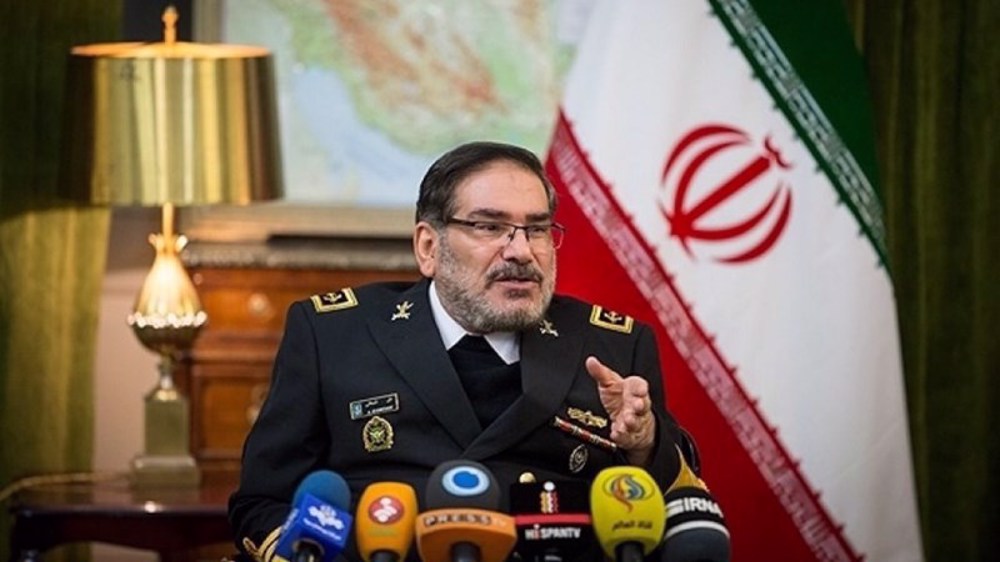

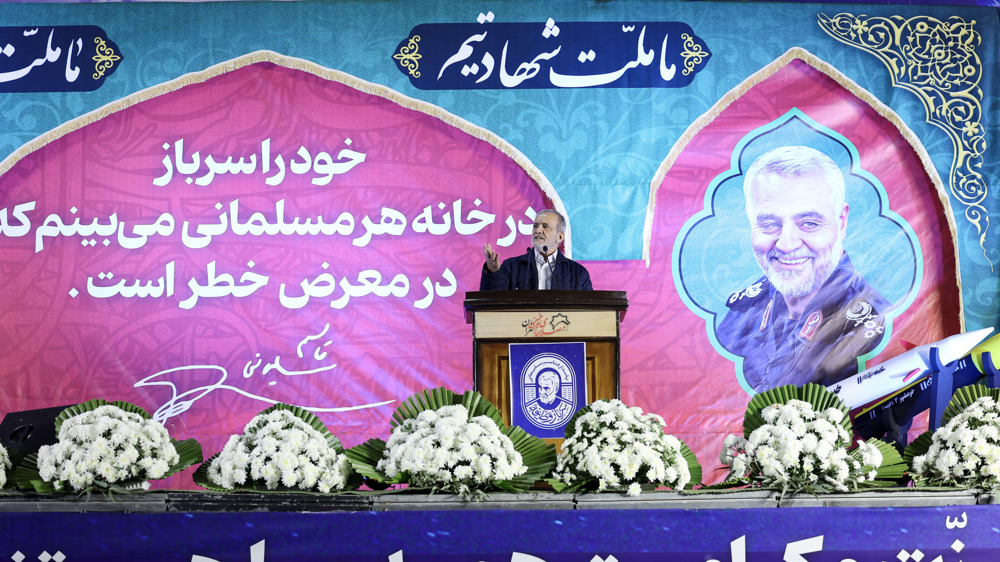
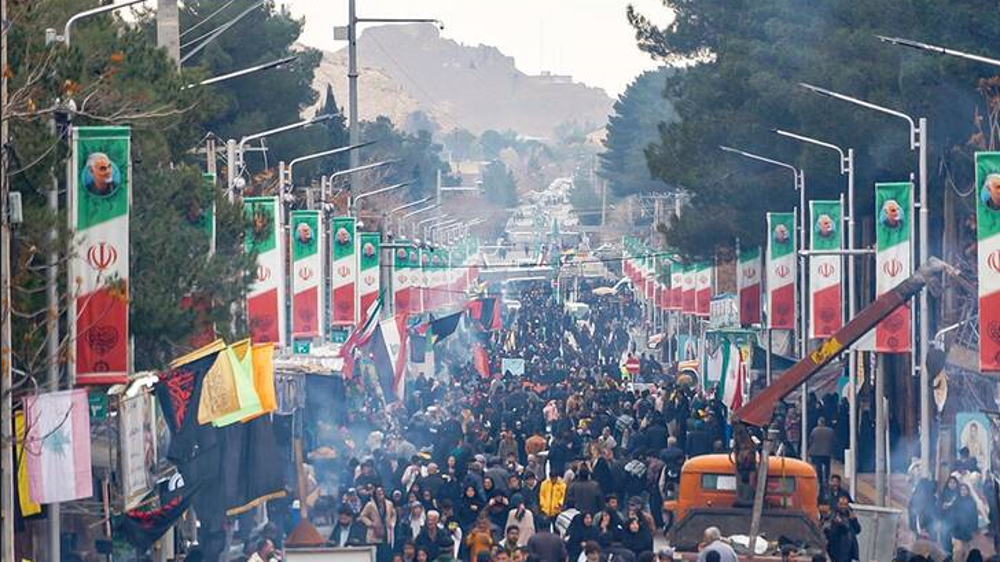




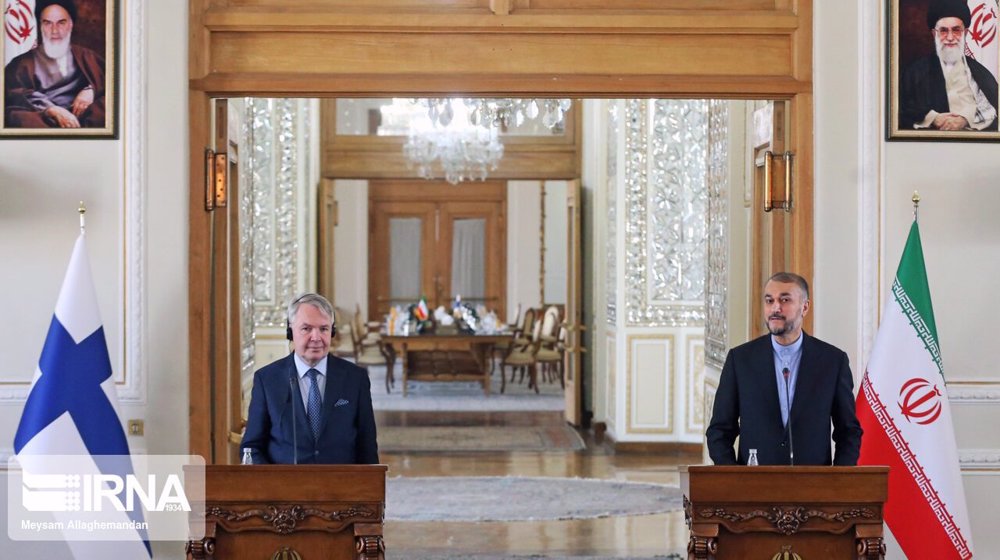
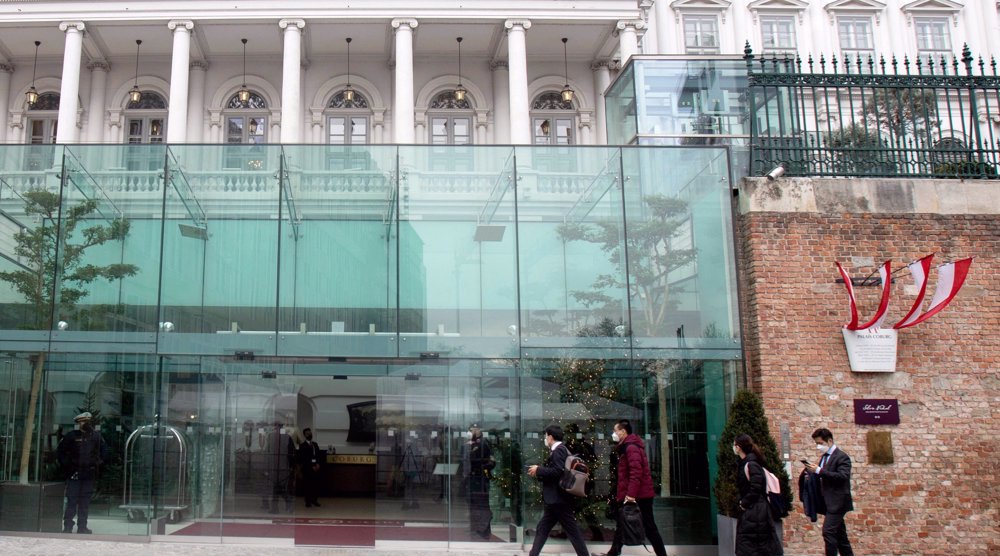
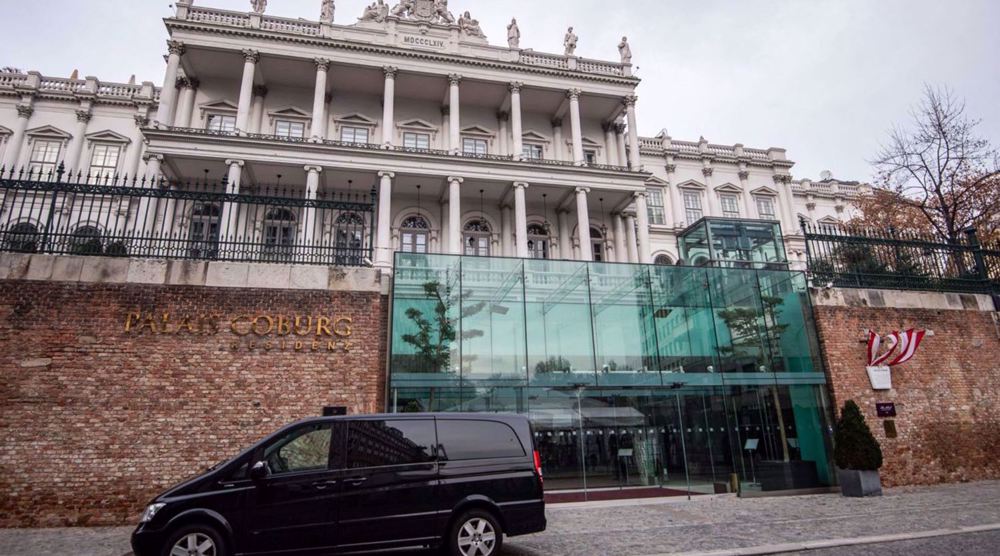
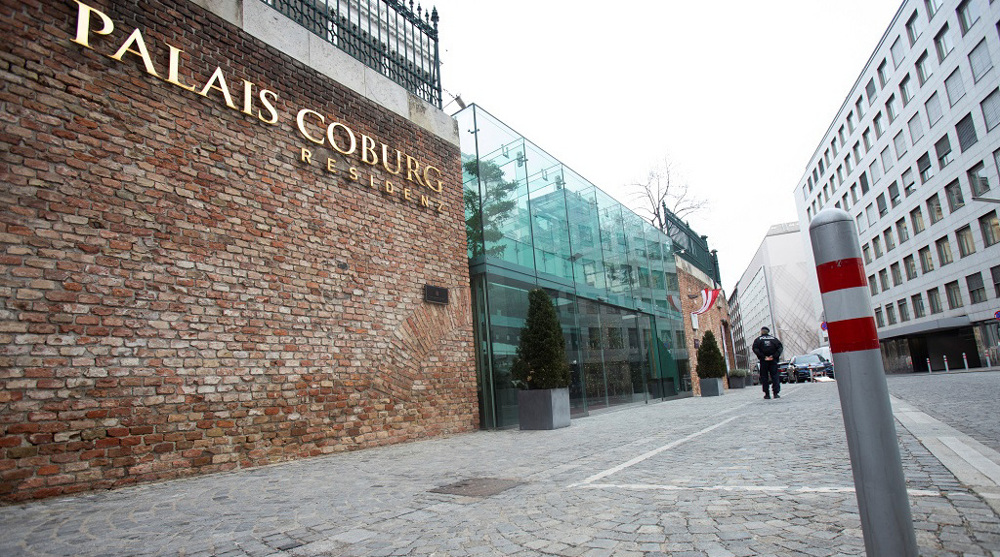
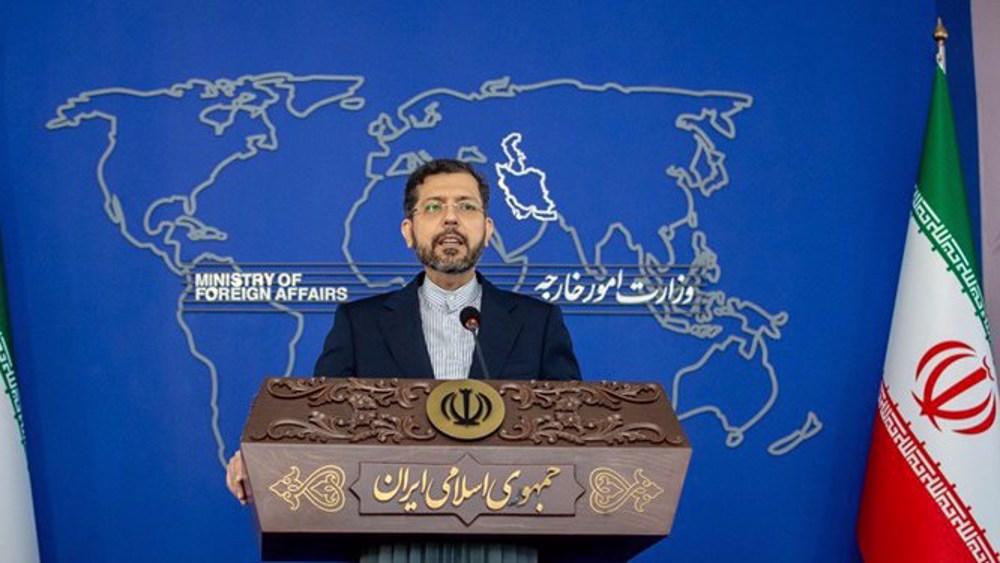

 This makes it easy to access the Press TV website
This makes it easy to access the Press TV website